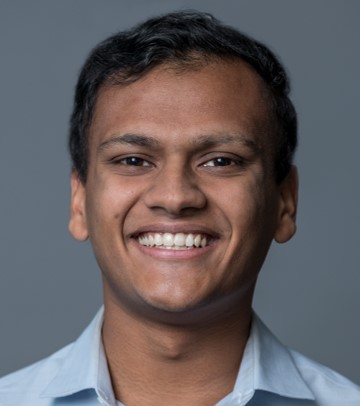
- This event has passed.
SES & Stats Dissertation Defense
January 8, 2025 @ 2:00 pm - 4:00 pm
Arnab Sarker (IDSS)
E18-304
Event Navigation

Higher-Order Interactions in Social Systems
ABSTRACT
The de facto representation of a social network is a graph— individuals are represented as nodes, and relationships between pairs of individuals are represented as edges. This results in a powerful abstraction by which social relationships can be systematically studied to understand emergent population-scale behavior. However, many social interactions occur in groups: three individuals may co-author a paper, a team of employees may collaborate on a task, a single tweet may mention four users. Breaking such interactions into a collection of pairwise relationships can oversimplify the rich social contexts in which these individuals know one another. This thesis explores a different paradigm of social network analysis, namely, using “higher-order” network models such as hypergraphs and simplicial complexes which can explicitly encode co-present contexts between three or more individuals. The first two projects describe how higher-order interactions can differ from pairwise interactions in terms of micro-level content and macro-level structure, respectively. The latter two projects then develop an applied mathematical toolkit for the algebraic topological analysis of higher-order interactions in social networks.
COMMITTEE
Ali Jadbabaie (chair, advisor), Sinan Aral, Dean Eckles, Devavrat Shah
EVENT INFORMATION
Hybrid event. To attend virtually, please contact the IDSS Academic Office (idss_academic_office@mit.edu) for connection information.
BIO
Arnab Sarker is a PhD candidate in Social & Engineering Systems (SES) and Statistics at MIT, advised by Prof. Ali Jadbabaie. Prior to MIT, he graduated from the University of Pennsylvania with an M.S.E. in Data Science and a B.S.E. in Networked and Social Systems Engineering. His research uses tools from statistics, machine learning, and algebraic topology to understand how micro-level interactions between people can shape macro-level social and organizational outcomes.



